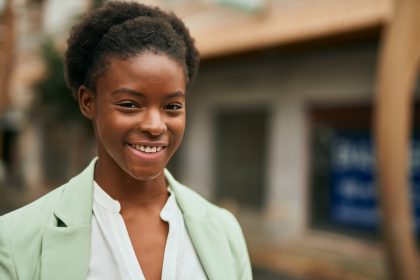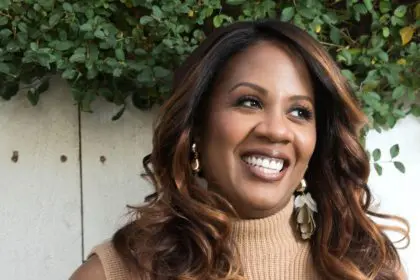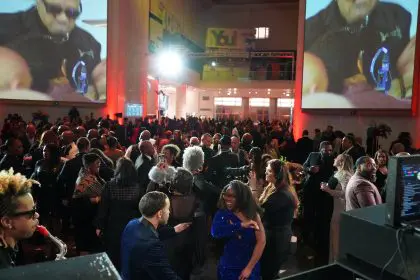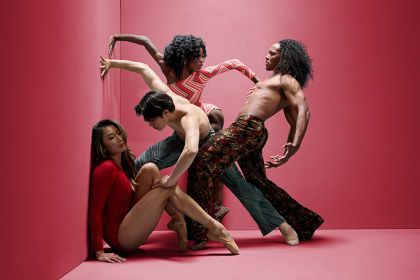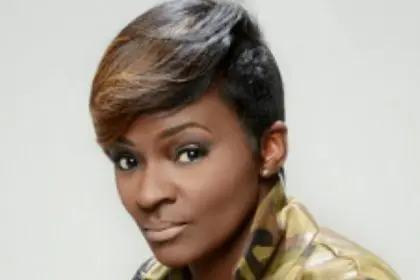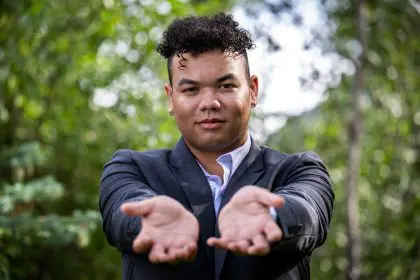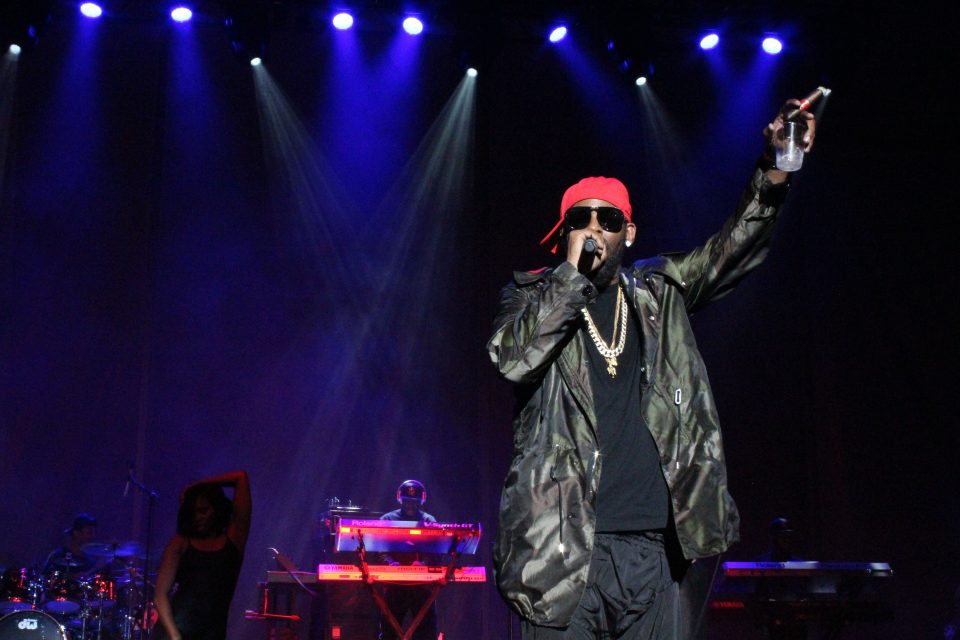
R. Kelly and the topic of the sexual abuse of children and women has been top of mind for the past few days thanks to the six-part Lifetime docuseries “Surviving R. Kelly.” A quick scroll of the timeline of any social media platform will yield various opinions and divergent views. There is a sense that Kelly — who is reportedly a victim of molestation — is acting out as a result of his childhood trauma. The other side of this speaks to the idea that a morally corrupt man has leveraged fame and fortune to assist him in ruining the lives of many women while violating them in horrible and disrespectful ways.
What Kelly has truly accomplished in 2019 is being the catalyst and lifting the veil of silence from a subject that has only been spoken of in whispers in the Black community. After a decade of stories and a court case he ultimately won, the most compelling issue is whether or not Black women are being protected.
I posed this question on my Facebook page in May of 2018 and 236 comments later, the consensus was Black women have little to no confidence in a Black man defending them and some even mentioned the fear they harbor.
So now here we are in this space where Kelly is being completely exposed for who he is and the majority of his victims are Black women. How do we address this?
According to the U.S. Department of Justice statistics, Black girls and women 12 years old and older experienced higher rates of rape and sexual assault than White, Asian and Latina girls from 2005-2010.
Forty to 60 percent of Black women report being subjected to coercive sexual contact by age 18, according to the Black Women’s Blueprint, “The Truth Commission on Black Women and Sexual Violence.”
Rolling out spoke with award-winning journalist Kathy Chaney who currently writes for the Chicago Sun-Times and was also featured in the six-part docuseries. We asked her why she thinks so many women remained silent and how this docuseries will change the perception of the unprotected Black woman.
“From listening to their stories, and listening to the methods survivors said he used on them, it’s clear many felt scared to speak up. It appears they also felt scared for their families. I also believe that because many aided in covering everything up, and his hard-core fans standing behind him, some survivors may have felt that no one would believe them. It’s disheartening. There has always been unequal coverage in mainstream media of missing, murdered and sex trafficked Black and Brown women. Hopefully, the six hours of exposure to the problem will help change the perception. I also hope news outlets will think twice about helping shape the negative narrative about Black women, and that’s where diversity in newsrooms comes into play,” said Chaney.
Chaney also touched on the allegation that women are being held against their will. “We need the village to rescue our girls and women. If they’re still allegedly held captive by Kelly and enablers, please go find Joycelyn and any victims in Chicago so they can be reunited with their families. While doing that, we need to make sure we have resources in place for them,” said Chaney.
The discussion surrounding this issue has sparked heated debates but most importantly has raised awareness of the mistreatment of Black women. This has now become a tipping point and something must and will be done to protect our women and girls.


